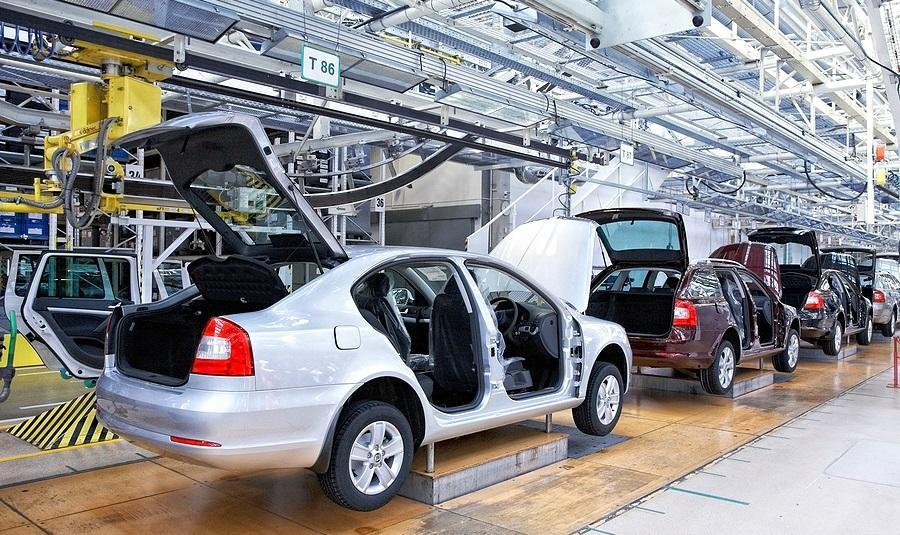Analysis

February 5, 2021
Ford, Stellantis Cut More Production in U.S., Canada on Chip Shortage
Written by Michael Cowden
A global semiconductor shortage continues to hobble automotive production in North America with Ford and Stellantis poised to cut production at assembly plants making some of the most popular vehicles in the U.S.
Ford’s Dearborn, Mich., truck plant will run one of three production shifts the week of Feb. 8. And its Kansas City, Mo., assembly plant will operate two of three shifts next week, a Ford spokeswoman said.
Both plants are expected to return to normal production on Monday, Feb. 15, she said.![]()
“We are working closely with suppliers to address potential production constraints tied to the global semiconductor shortage and working to prioritize key vehicle lines for production, making the most of our semiconductor allocation,” the spokeswoman said.
The Dearborn and Kansas City plants make the F-150, the best-selling pickup in the U.S. The F-150 has an aluminum body. Its frame is made of steel.
The chip shortage will also result in Stellantis, formerly known as FCA, shutting its Windsor, Ontario, assembly plant for three weeks beginning on Feb. 8, according to Unifor Local 444, one of the unions representing the plant’s 4,671 workers.
“Windsor Assembly plant will be down for three weeks starting Monday,” Local 444 tweeted. “Please take direction from your supervisor.”
The Windsor plant makes the Chrysler Pacifica SUV as well as the Voyager and Grand Caravan minivans.
And the Stellantis plant in Belvidere, Ill., will also shut for one week beginning on Monday for the same reason, a source familiar with the matter said. The Bevidere plant makes the Jeep Cherokee SUV.
A Stellantis spokeswoman did not confirm or deny the temporary shutdowns.
“We are working closely with our global supply chain network to manage the manufacturing impact caused by the global microchip shortage and will continue to make production adjustments as necessary,” she said.
The shutdowns at assembly plants making profitable vehicles like the F-150 and popular SUV models are significant because automakers had been trying to shield those facilities from the impact of the semiconductor shortage.
It’s also significant because the shutdowns, if they are protracted, could reduce supplies and drive up prices for busheling scrap, a key raw material for flat-rolled electric-arc furnace (EAF) steelmakers.
They also have the potential to reduce demand for the flat-rolled steel used to make vehicles.
By Michael Cowden, Michael@SteelMarketUpdate.com






